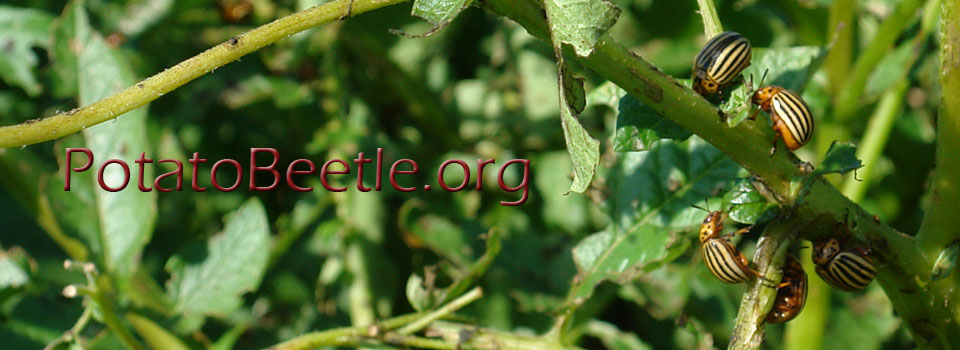García-Robles, I., De Loma, J., Capilla, M., Roger, I., Boix-Montesinos, P., Carrión, P., Vicente, M., López-Galiano, MJ, Real, MD, Rausell, C. Developmental & Comparative Immunology DOI: 10.1016/j.dci.2019.103525
Bacillus thuringiensis (Bt) toxins constitute effective, environmentally safe biopesticides. Nevertheless, insects' tolerance to Bt is influenced by environmental factors affecting immunity. To understand larval immune response in the devastating coleopteran insect pest Colorado potato beetle (CPB), we undertook a proteomic analysis of hemolymph of non-treated control larvae and larvae consuming non-lethal doses of spore-crystal mixtures containing the coleopteran-active Cry3Aa toxin. Results revealed lower amount of proteins involved in insect growth and higher amount of immune response-related proteins in challenged insects, sustaining the larval weight loss observed. Additionally, we found a potential regulatory role of the evolutionary conserved miR-8 in the insect's immune response relying on antimicrobial peptides (AMPs) production. Upon toxin challenge, different patterns of hemolymph AMPs expression and phenoloxidase activity were observed in CPB larvae reared on different Solanaceae plants. This suggests that diet and diet-associated insect midgut microbiota might modulate this insects' tolerance to non-lethal doses of Bt.
